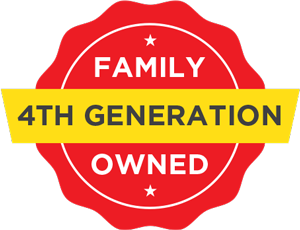Wheel Alignment
When all of your vehicle’s wheels are lined up exactly with each other, your wheels are in alignment. Hitting a road hazard or even just the normal bumps and bounces of everyday driving can cause your foreign wheels to be out of alignment.
Driving for an extended period of time when your wheels are out of alignment results in uneven tire wear. This is dangerous and expensive. Worst case scenario, you have a blowout on a crowded MN expressway. It can also cause premature wear to your suspension system, which can be really expensive to repair. At the very least, you may have to replace your tires years too early.
Here are some alignment basics from Signal Garage Auto Care:
The first adjustment is called toe: do the wheels point in towards each other or away from each other at the front of the tire.
The next adjustment is called camber: do the wheels tip in or out at the top.
And finally, there is castor. Castor measures the angle where the front axles attach to the vehicle.
The ideal alignment for your foreign cars was designed by its engineers. Alignment Service at Signal Garage Auto Care starts with an inspection of the steering and suspension – to see if anything’s bent or broken. Then your technician will look at tire condition.
From there, the foreign car is put on an alignment rack and an initial alignment reading is taken. The wheels are then aligned to foreign cars vehicle manufacturer’s specifications.
Your foreign cars owner’s manual probably has a recommendation for how often your alignment should be checked – usually every couple of years. If you suspect an alignment problem, schedule an appointment before you suffer expensive tire or suspension damage.
